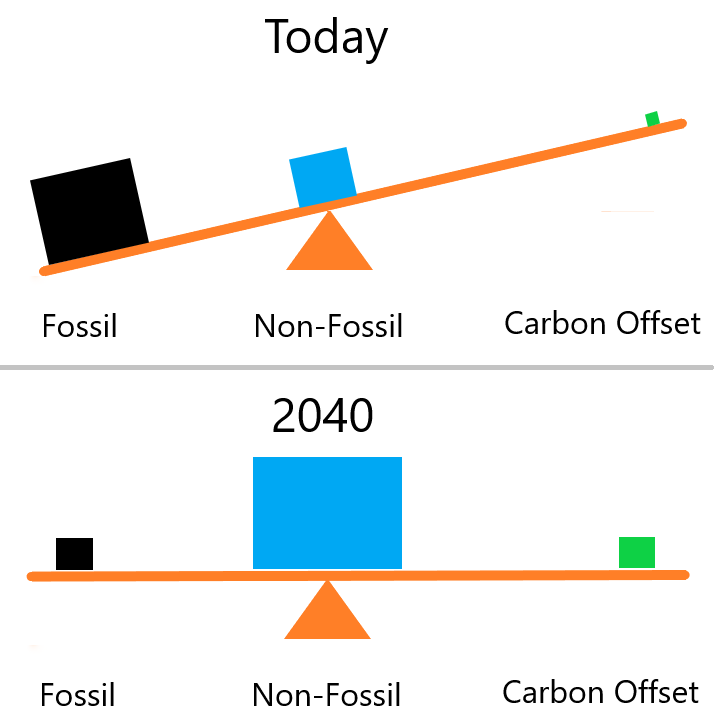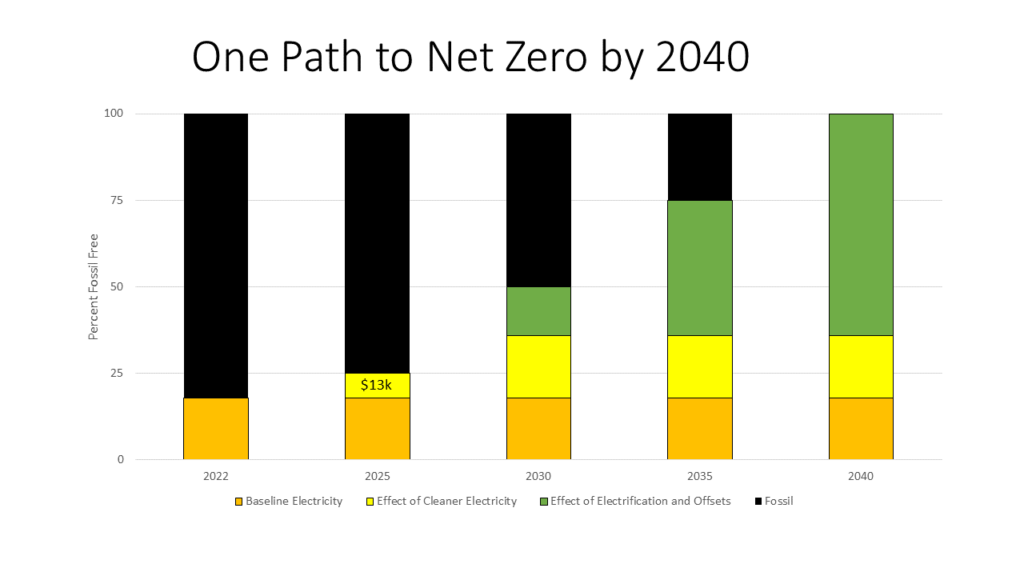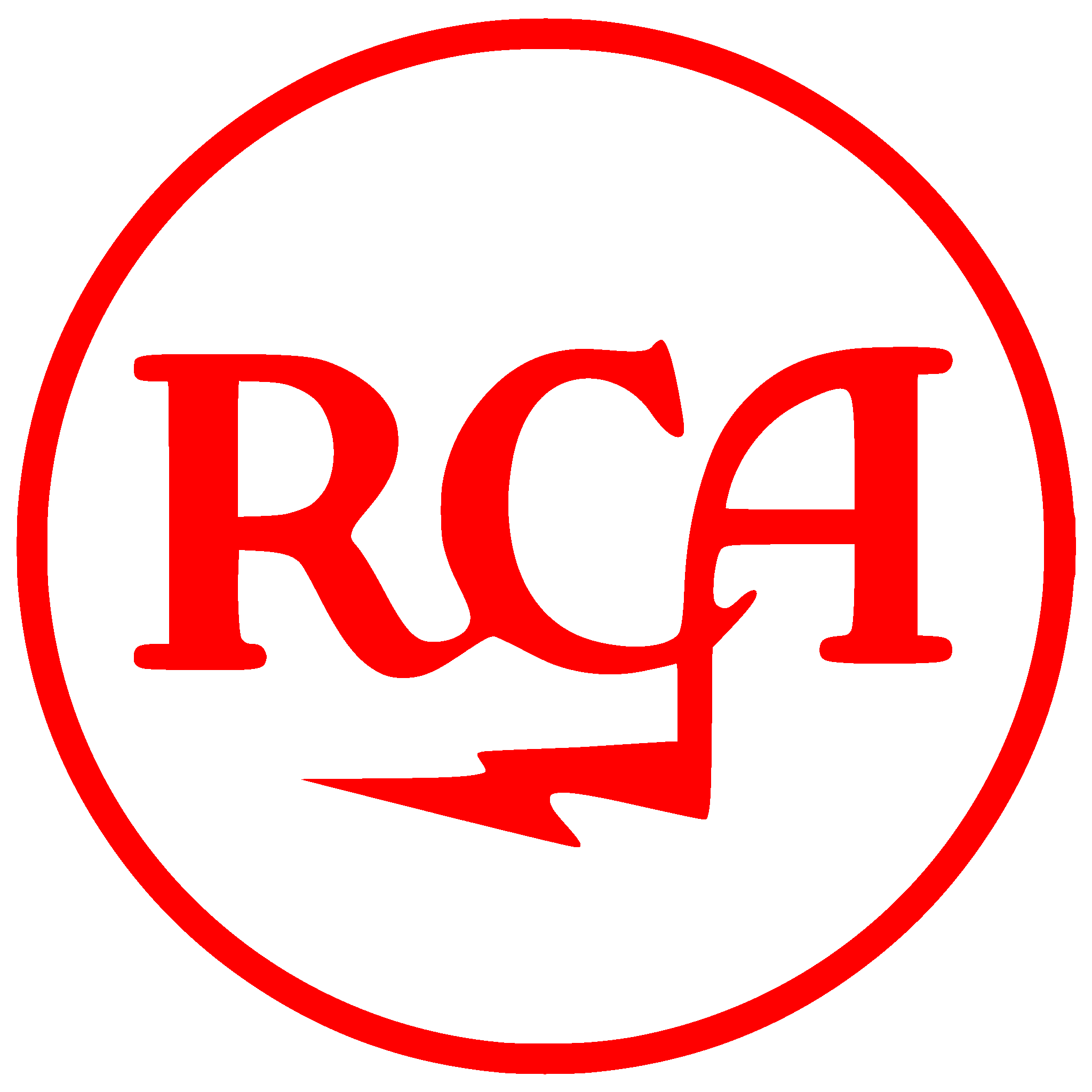
General Questions
Q. What does “net zero” mean?
A. Our aspirational goal in the net-zero resolution is for the Town’s municipal energy to be 100% fossil free by 2040, or to have carbon offsets for any unavoidable use of fossil fuel, to bring our net carbon footprint to zero.
Q. What are carbon offsets?
A. Carbon offsets are measures that remove greenhouse gases (mainly carbon dioxide, CO2) from the atmosphere. These measures include planting trees and other biomass.
Q. Where would this apply?
A. This would apply to the Town of Rockport’s municipal operations.
Q. Would it apply to residents or businesses?
A. No, but it could serve as a good example.
Q. What are the numerical goals?
A. The goal is to become 100% net zero by 2040. To reach this goal there are goals of 25% by 2025, 50% by 2030, and 75% by 2035.
Q. Where do we stand now?
A. Rockport’s municipal energy mix in FY21 was 18% fossil free. Refer to this one-page document for the details.

Q. What would it take to reach the first goal of 25% by 2025?
A. The quickest way would be to increase the non-fossil content of our municipal electricity contract, for about $13,000 per year. Refer to this one-page document for the details.
Q. Does the town have any fully electrified buildings yet?
A. Yes, the Town Hall Annex has a roof-top heat pump, and the Old Firehouse has electric heat.
Q. How would we reach the goals for 2030, 2035, and 2040?
A. The methods include further increases in the non-fossil content of our municipal electricity contract, further electrification of town facilities, and carbon offsets.

Q. What about future costs and savings?
A. It is impossible to know the cost of non-fossil electricity, electrification projects, and carbon offsets in 2030 and beyond, but we expect grants and incentives to reduce some of these costs. We do expect the price of fossil fuels to continue increasing due to their costs of production and government policies. Lacking natural gas, Rockport already pays a premium for heating oil and propane.
Other Issues from the Board of Selectmen’s Meeting
Q. Why not change the resolution’s net-zero goal from 2040 to 2050 to be consistent with the state’s goal of net zero in 2050?
A. This would make no sense because:
– The state’s goals for 2050 are for all economic sectors, public and private.
– The state’s goals for 2050 are legally enforceable.
– An aspirational goal of 2050 for only municipal energy is meaningless.
Moreover:
– Rockport pays much more for heating oil than other municipalities pay for natural gas, so our operating-cost benefits will come sooner.
– Before the Selectmen’s meeting, town organizations had approved a resolution for 2040.
– Hundreds of residents signed a letter for 2040.
– IPCC reports show the climate-change goal is increasingly urgent.
Q. Why are the intermediate goals for years 2025, 2030, and 2035 linear, since new technologies are generally adopted at nonlinear rates?
A. The path to net zero includes both existing and new technologies. We do not yet have enough information to set more sophisticated goals. We do know that the goals must increase with time.
Q. Will the resolution increase our use of nuclear power?
A. Nuclear power is already included in the state’s mandated percentage of fossil-free power. With or without this resolution, the town could contract for electrical power from desired sources.
Q. Will the resolution increase our use of hydro power?
A. Hydro power is already included in the state’s mandated percentage of fossil-free power. With or without this resolution, the town could contract for electrical power from desired sources.
Q. What about the birds that are killed by wind turbines?
A. The estimates for bird strike by wind turbines vary widely. Developers have learned not to site them in migratory flyways. By far the biggest human-related threat to birds is outdoor cats.
Q. What about cutting down trees to install wind turbines?
A. Sites are available to install wind turbines without cutting down trees. For examples, look no farther than the wind turbines in Gloucester, or the proposed wind turbines offshore Cape Cod.
Q. Do solar panels use more energy to manufacture than they produce?
A. Since at least 2010, new solar panels use less energy to manufacture than they produce. The payback period can now be as short as one year, and the technology continues to improve.
Q. What about problems associated with lithium for batteries?
A. We are not required to provide battery storage for solar installations smaller than 500kW. Several new promising technologies could completely change the composition of batteries.
Q. What about the maintenance of electric vehicles?
A. EVs require much less maintenance than conventional vehicles. The warranty on an EV’s batteries is generally at least 8 years or 100,000 miles.
Q. What would it cost to make town buildings net zero? [update]
A. On 22 April Rockport submitted a grant proposal with utility incentives to install heat pumps at the Police Station and at Town Hall.
– Police Station $13,000 annual savings based on $2.19/gallon oil
– Town Hall $9,000 annual savings based on $2.19/gallon oil
– Town contribution to do both of these projects about $15,000
We have already replaced the heat pump at Town Hall Annex, which was also fully paid by a grant and a utility incentive. There has been no cost estimate to make the proposed DPW facility net zero, so we do not have data for this new building.
More FAQs in progress…
